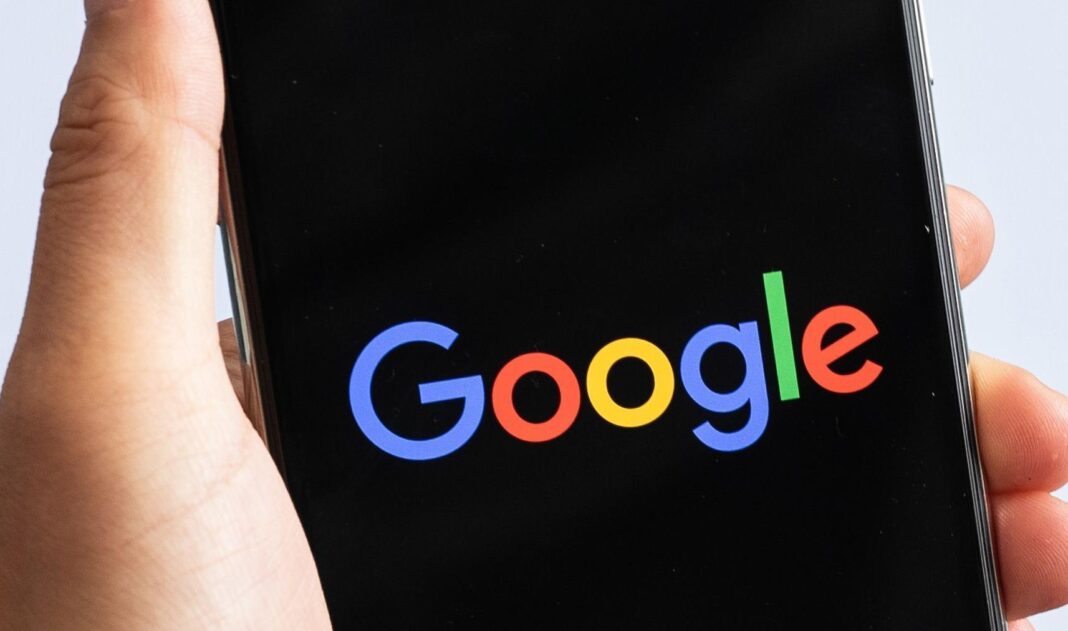BTN News: In a historic ruling, a U.S. District Court has declared Google a monopolist, concluding that the tech giant engaged in illegal practices to maintain its dominant position in the online search market. Judge Amit P. Mehta, who presided over the high-stakes trial in Washington, determined that Google made multi-billion-dollar payments to device manufacturers, telecom companies, and web browser developers to secure its search engine as the default option. This ruling, which comes after a 10-week legal battle led by the U.S. Department of Justice, has the potential to reshape how big tech companies conduct business and how millions of users access information online. The outcome could pave the way for future antitrust actions, drawing comparisons to landmark cases against AT&T and Microsoft.
Google’s Monopoly Under Fire: Key Findings from the Court Ruling
Judge Amit P. Mehta, in a comprehensive decision, concluded that Google abused its monopoly power in the online search market. According to the ruling, Google secured its dominant position by paying over $10 billion annually to partners like Apple, AT&T, and Mozilla. These payments ensured that Google remained the default search engine on most web browsers and devices, limiting competition and consumer choice.
The U.S. Department of Justice argued that these practices were anti-competitive and harmful to innovation. Kenneth Dintzer, the lead prosecutor for the case, emphasized that such hefty payments created a significant barrier for other search engines trying to compete fairly in the market.
Google’s Defense: Success or Suppression?
Throughout the trial, Google maintained that its success was earned through innovation and superior products. John E. Schmidtlein, Google’s lead attorney, argued that the company should not be penalized for being the preferred search engine of choice. “Google is not the gatekeeper of the internet,” he stated, insisting that the company has merely been competing hard to earn its spot.
Kent Walker, President of Global Affairs at Alphabet (Google’s parent company), echoed these sentiments, arguing that Apple and other partners chose Google because it is “the best.” In a blog post titled “People Use Google Because It’s Useful,” Walker compared Google’s payments to a supermarket charging for premium shelf space.
What Comes Next for Google? Potential Implications and Future Battles
While the court ruled Google’s practices illegal, the judgment stopped short of detailing specific penalties or remedial measures. Legal experts speculate this could lead to a second trial to determine the appropriate sanctions. Possible outcomes include breaking up Google’s business operations or imposing strict regulations on its future practices.
Google may appeal the decision, extending the legal battle further. Meanwhile, the U.S. Department of Justice, drawing parallels with the 1974 AT&T case and the 1998 Microsoft antitrust case, has signaled its intent to press for significant changes. The AT&T case led to the breakup of the telecom giant, while the Microsoft case resulted in a settlement that increased competition in the software market.
Broader Impact: A Turning Point for Big Tech Regulation?
This ruling against Google is not an isolated incident. In recent years, the tech giant has faced a series of legal challenges worldwide. In January, U.S. Attorney General Merrick Garland announced another lawsuit against Google, this time for allegedly abusing its market position in digital advertising. In the European Union, Google has already faced record fines for anti-competitive practices.
These cases may mark a turning point for regulation in the digital age. As governments worldwide reassess their relationship with big tech, new regulations and enforcement actions could emerge, reshaping the landscape of the technology industry.
Comparisons to Past Antitrust Cases: Lessons from AT&T and Microsoft
The Department of Justice has compared the Google case to previous landmark antitrust cases, such as the 1974 lawsuit against AT&T and the 1998 case against Microsoft. The AT&T case ultimately led to the company’s breakup in 1984, paving the way for the modern telecommunications industry. The Microsoft case, initially set to break up the software giant, ended in a settlement that allowed for greater competition and helped create space for new companies like Google.
These past cases highlight the potential for significant industry shifts following antitrust actions. Whether the Google ruling will lead to similar outcomes remains to be seen, but the stage is set for a legal battle that could redefine the future of the tech industry.
Conclusion: A Pivotal Moment in the Battle Against Big Tech
The ruling against Google by Judge Amit P. Mehta marks a critical moment in the ongoing battle against big tech monopolies. As the legal drama unfolds, the consequences for Google could be profound, with far-reaching implications for the technology sector and internet users worldwide. With Google potentially facing further scrutiny and penalties, the case serves as a reminder of the complex balance between innovation and fair competition in the digital age.


